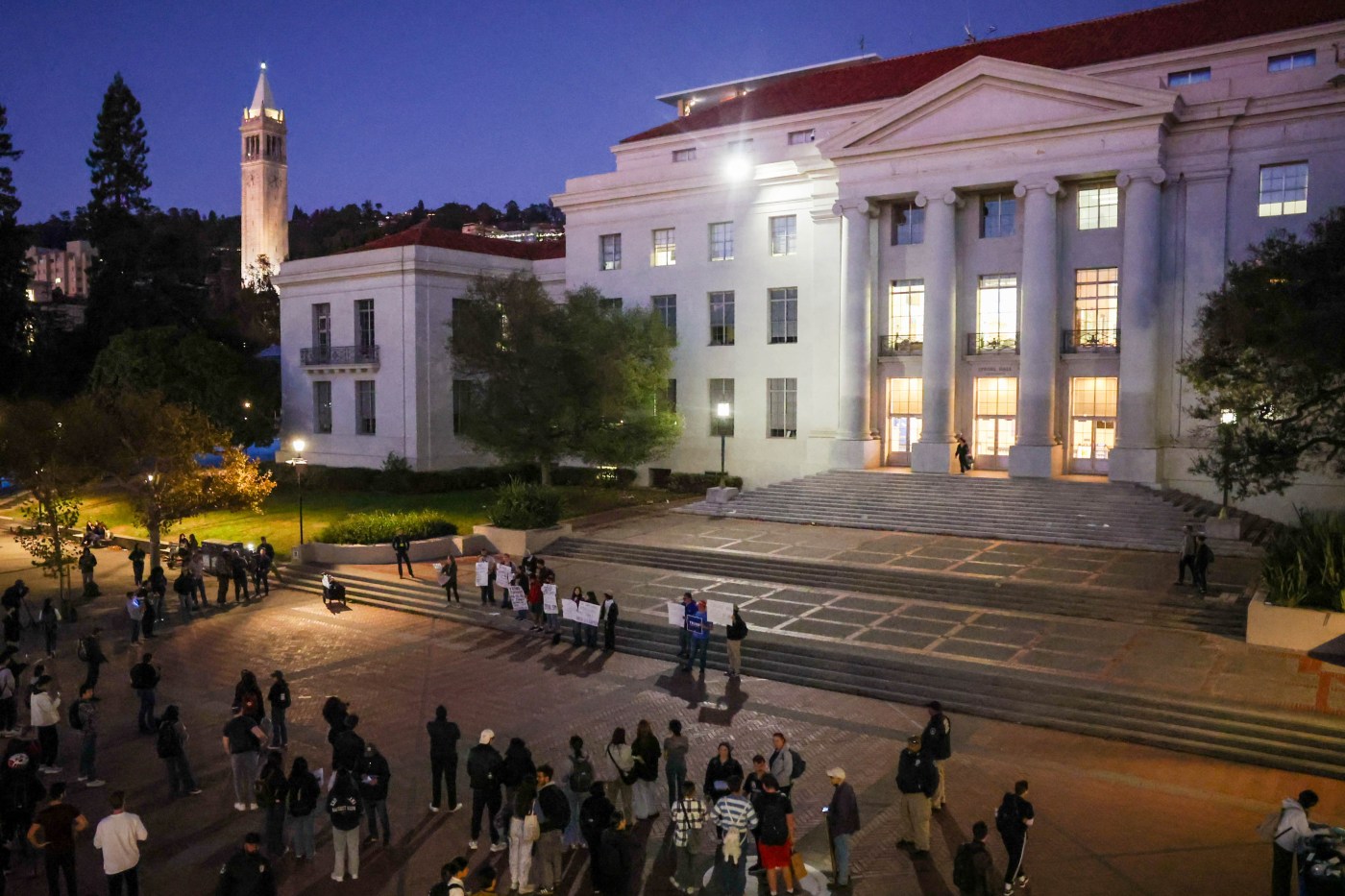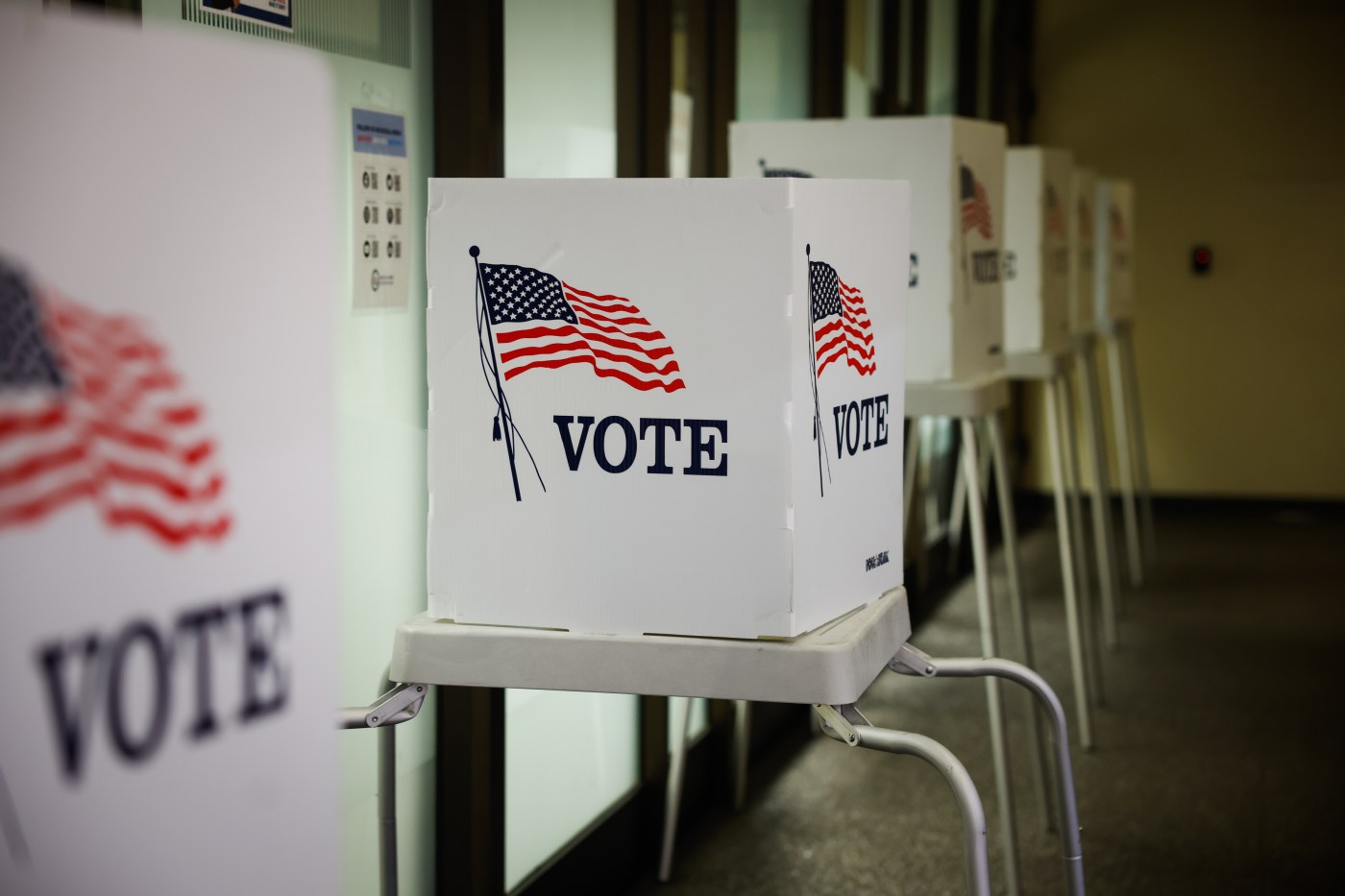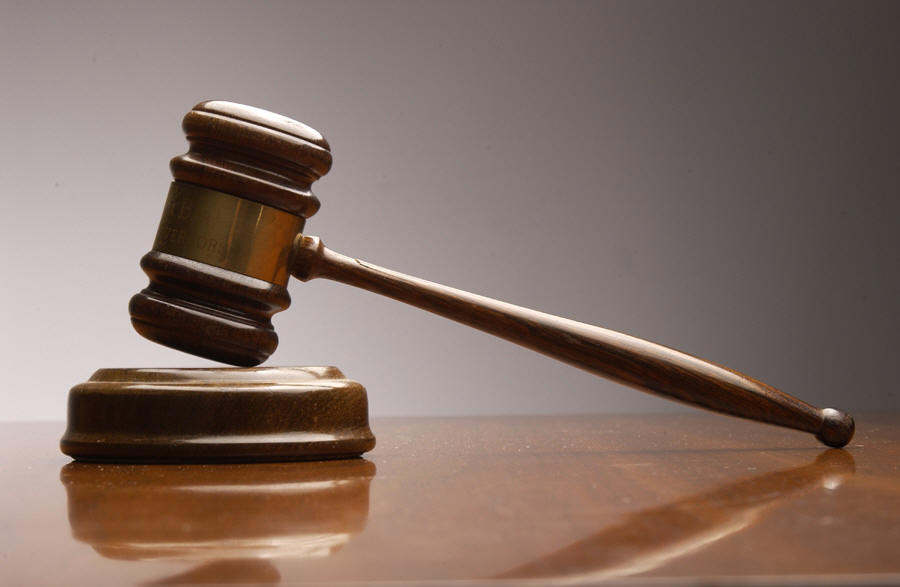The U.S. Department of Justice is investigating diversity hiring practices at the University of California, the latest of many federal probes into the university system and others in California since President Donald Trump took office.
On Thursday, the department’s Civil Rights Division chief Harmeet Dhillon notified UC President Michael Drake it is investigating possible violations of Title VII of the Civil Rights Act of 1964, which protects employees and job applicants from discrimination based on race, religion, sex and national origin. The new probe takes aim at the UC 2030 Capacity Plan, which aims to swell the numbers of UC graduates and promote racial diversity in student bodies.
“Public employers are bound by federal laws that prohibit racial and other employment discrimination,” Dhillon said in a statement. “Institutional directives that use race- and sex-based hiring practices expose employers to legal risk under federal law.”
Dhillon contended in the letter to Drake that “we have reason to believe” the UC 2030 Plan may include sex- and race-based hiring quotas for employees and potentially “runs afoul of federal law.” But she also noted that “we have not reached any conclusions about the subject matter of the investigation” and that “we intend to consider all relevant information” in the probe.
Rachel Zaentz, a spokesperson for the UC Office of the President said the university system will work “in good faith with the Department of Justice as it conducts its investigation.”
“The University of California is committed to fair and lawful processes in all of our programs and activities, consistent with federal and state anti-discrimination laws,” Zaentz said. “The University also aims to foster a campus environment where everyone is welcomed and supported.”
The UC 2030 Plan states in part that “California is a majority-minority state, but underrepresented groups (i.e., Black, Latinx, Asian Pacific Islander, Indigenous) are less likely to graduate from college and have the economic benefits associated with a college degree; the pandemic further exacerbated these historic inequities.”
It goes on to say that “UC will seize its generational opportunity to become a Hispanic-serving and minority-serving system” and that UC had a “a generational opportunity to grow and diversify the faculty.”
In 2020, the UC system adopted a policy statement that pledged “to foster a working and learning environment that is diverse, equitable and inclusive,” but also said it “shall not, in any of these processes, use race, ethnicity or gender quotas that must be achieved, or caps that cannot be exceeded.”
UC’s policy statement against race quotas came the same year that California voters overwhelmingly rejected a ballot measure that would have repealed Proposition 209. The 1996 initiative banned the government from giving preferential treatment in public employment, education and contracting based on race, sex, ethnicity or national origin.
The Trump administration has criticized and cracked down on diversity, equity and inclusion-oriented hiring practices. This is the latest federal probe into the UC system and individual campuses.
In March, the Department of Justice announced an investigation of four California universities, including UC Berkeley and Stanford, to determine their compliance with a landmark Supreme Court decision two years ago that outlawed race-based affirmative action in college admissions.
Earlier that month, the department began investigating the University of California over claims the university system allowed an “antisemitic hostile work environment” on its campuses.
And in April, the Trump administration subpoenaed personal information of hundreds of UC Berkeley professors who signed petitions during escalating Israel-Hamas campus protests.
Dhillon is a longtime Trump acolyte and firebrand Bay Area attorney who is one of California’s most prominent Republicans. In her post leading the Civil Rights Division, she leads the Justice Department’s enforcement of civil and constitutional rights. Trump praised her willingness to challenge “woke policies” when announcing her nomination in December.





